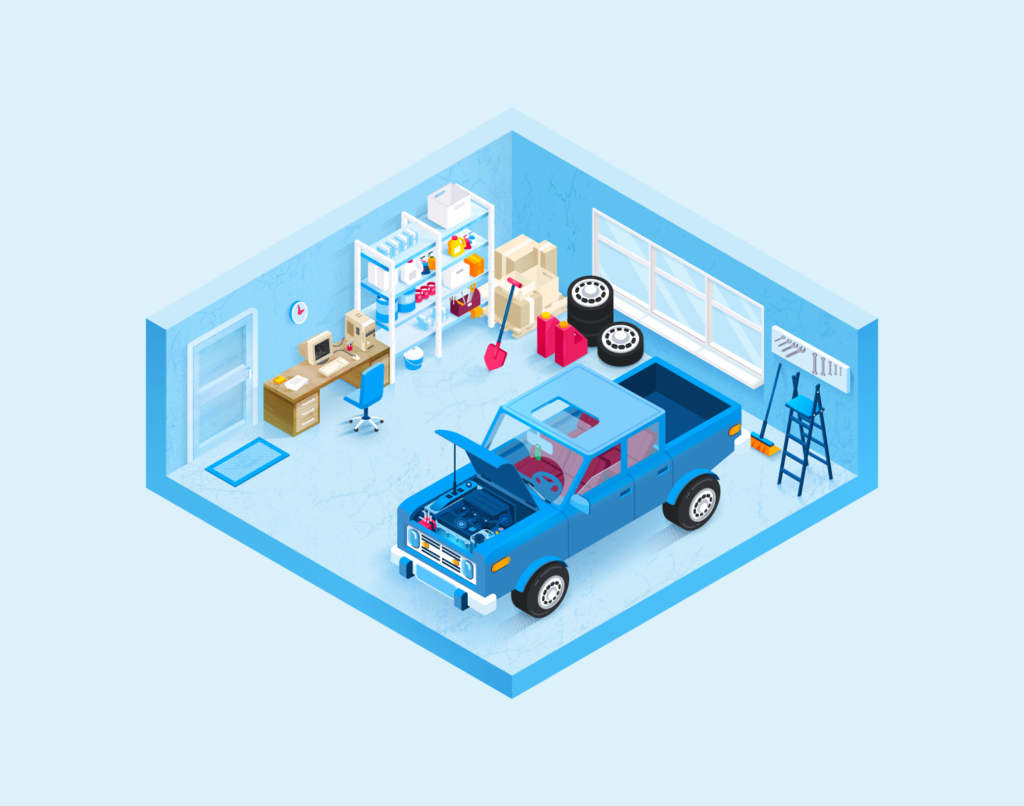From Then Until Now: A Blinding Passion
It is incredibly easy to sit down with a concept in mind and start turning that concept into reality.
If you were to ask anyone that has ever played a video game at some point in their life to come up with an idea for a game, there is a great chance that they have probably thought of this question before. They make take a second or two to get their thoughts together before they speak, but their answer will likely be instantaneous. If I were to ask you right now to think of some ideas for a video game, you would probably be able to draw up a handful or so.
It is unbelievably easy to come up with an idea for the game, the real difficulty however comes from the perfecting and fine tuning of the concept. This is the point where a lot of indie developers can end up making mistakes.
When there is an idea and a passion to make an idea come to life, the product is an intense dedication to make that idea become reality.
Assuming one has the tools and knowledge available or an eagerness to learn the means to make this idea come to life, many developers will dive straight in and attempt to make this idea come to life. In doing so they will begin to put their project together, constructing the foundation that will uphold their game, artwork will begin to be created for the game itself and its user interface, the mechanics that engage the player will need to be developed, the design of sounds and their usage will need to be established. The process gets incredibly complicated and intricate very quickly, with a lot of various components that need to be managed and further assembled in their own special way.
There are lessons to be learned from rushing head on into a complicated project. However they can prove to be quite expensive and devastating especially if the project requires some funding to get it off of the ground.
This is exactly what we went through when we were trying to make our first game, which was originally aimed to be a tycoon.


We started with a base idea that we felt would have worked really well for a game of this genre. There was a fair amount of outlining done to outline some mechanics and progression. Soon after we started building the project and having artwork commissioned for the game and its marketing. As we creating the designs of the game’s menus and implementing them, we would modify, change, or even remove some of the mechanics we had come up with.
Slowly but surely, the game became a mess. The game became a convoluted cloud of mechanics and ideas that we had duck taped all together. In addition to some of the other issues we were having the project became too much to manage.
Eventually we realized our mistake. We realized that to make this game in the most ideal and most engaging way, we would need a larger team and a lot more time than we had originally anticipated.
This game had a couple of issues in its development, not all of which had to do with the code or the concept, some of which I may dive further into in other posts.
For any aspiring game developers out there, I recommend taking the time to prototype and really sit down and outline a concept you have been thinking about. Don’t get me wrong if you are developing to learn or experiment, by all means jump right in and do your best to learn. If you do plan on investing a significant amount of your time or your life savings however, take the slow and cautious approach.



Recent Comments